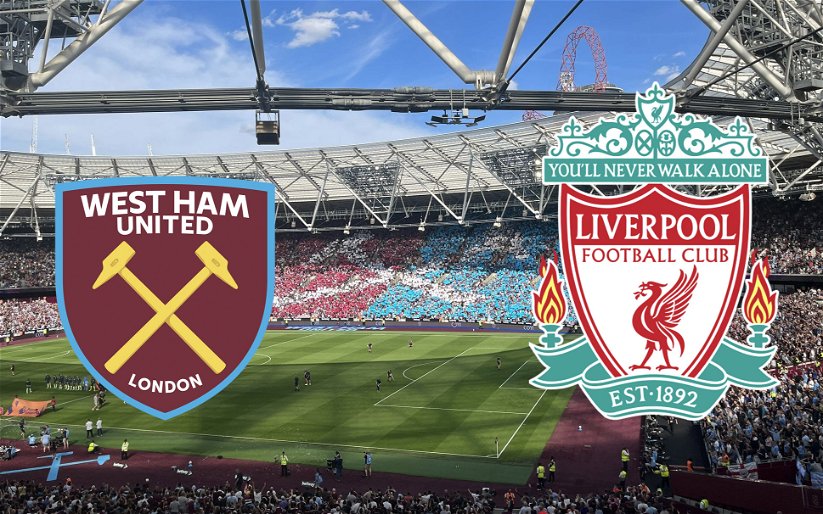
WEST HAM AND VAR DRAMAS
West Ham twice had goals ruled out due to VAR intervention, both for handball violations. While adhering to the letter of the law, the lengthy review times (over five minutes each) significantly dampened the celebratory atmosphere.
Some experts suggest that referees and VAR officials might be taking an excessively cautious approach due to a fear of making mistakes under the current leadership at PGMOL.
There’s a growing consensus that VAR needs a clear balance between accuracy and maintaining the flow of the game. Perhaps tighter time constraints for reviews could be implemented, or perhaps a threshold for the significance of the potential error could be established. A faster, more decisive approach could minimise disruption without compromising the technology’s core purpose.
While VAR aims to eliminate human error, some argue that it removes an element of drama and emotional investment from the game. Controversial refereeing decisions, while frustrating, have always been part of football’s history. Removing this entirely might take away from the raw emotion and passion that define the sport.
The West Ham match serves as a wake-up call for the authorities responsible for VAR implementation. Refining the system to minimize disruption while upholding its core function is crucial. Striking a balance between accuracy and entertainment is essential if VAR is to truly become a positive force in football.




I’m not going to suggest that the use of technology in the game is a busted flush, because there have been occasions where we have benefitted from VAR decisions going our way. However, the infamous incidents we’ve seen in the last few games – the last gasp handball in the first leg at Freiburg and the “volleyball” shot against Burnley, plus the two disallowed goals against Aston Villa – do indicate that there are problems with the way the system is being used. Certainly the handball rules need to be both clarified and simplified to make them less subjective. Rather than someone attempting to come to a conclusion as to whether a player “intended” to handle the ball or not, which is still the case whether the decision is taken by the on-field official or the VAR, it would be simpler for everyone if the rule was simply “if the ball touches the arm, even inadvertently, it’s handball”. While (assuming that the ball did indeed come off the arms of both Antonio and Soucek on Sunday) this would still have led to the two goals being chalked off against Villa, it would have meant that we were awarded penalties against Freiburg and Burnley.
As to the length of time that it took for VAR to make the decision about Soucek’s goal, the fact that it took more than five minutes does lead to the conspiracy theory that they were looking for any possible excuse not to award the goal, and is something that needs to be changed about the way VAR works. i was thinking about this on the way home on Sunday, and came to the conclusion that VAR should be subject to a countdown clock to reach a decision – if the VAR can’t reach a decision within two minutes, whether it’s their own decision, or sending the referee to the monitor, then the on-field decision stands.